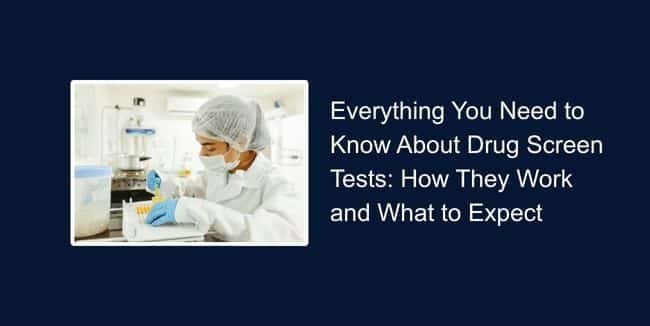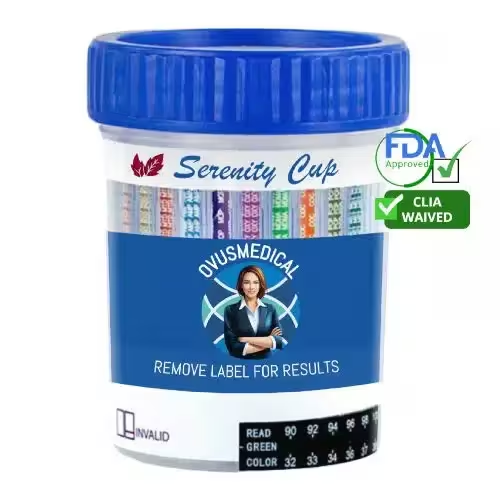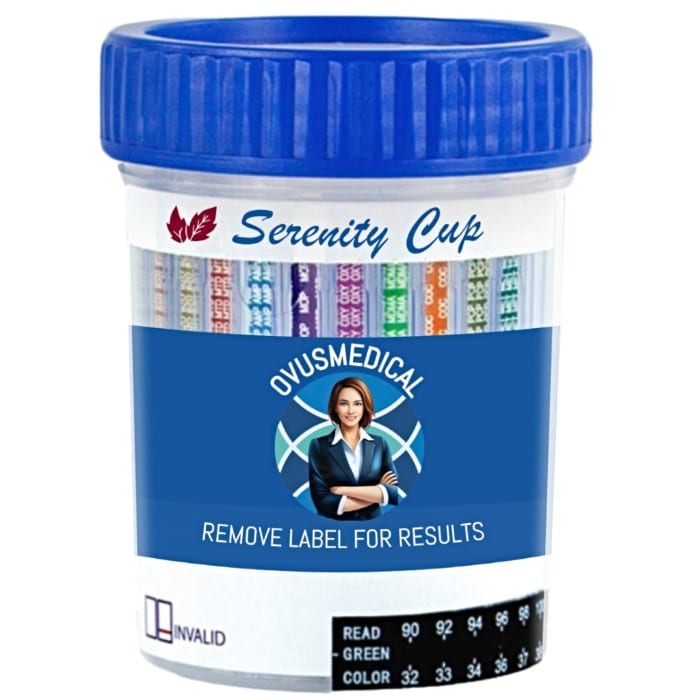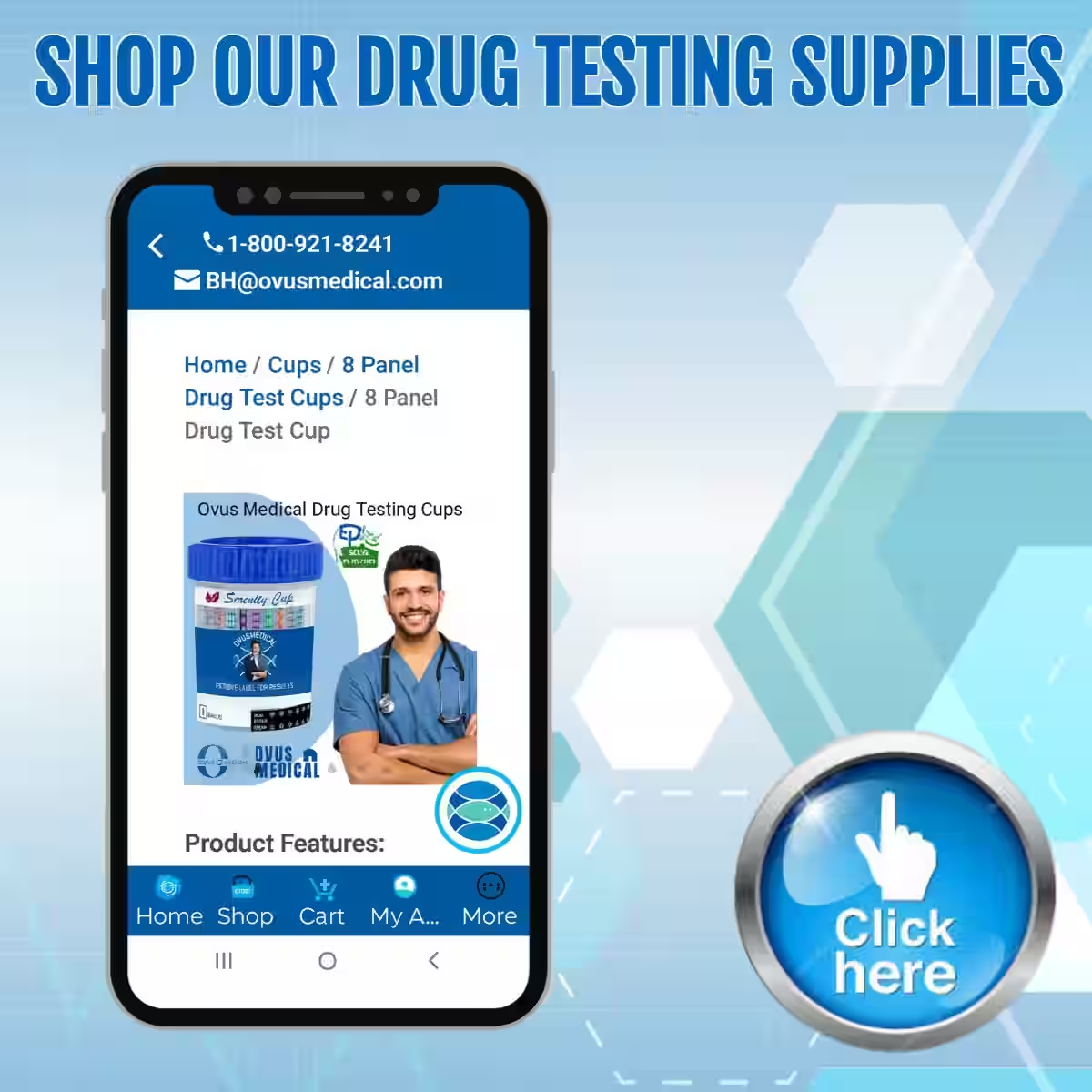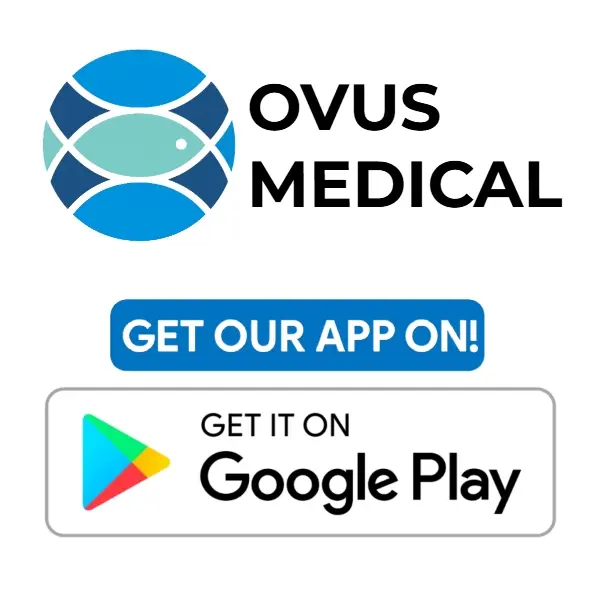What Is a Drug Screen Test?
A drug screen test is a medical examination used to detect the presence of drugs or their metabolites in the body. These tests are commonly used for employment, legal cases, medical evaluations, and safety compliance. Understanding how they work, the types available, and what results mean can make the process less intimidating.
Types of Drug Screen Tests
1. Urine Drug Tests
The most common method, urine drug testing is cost-effective, non-invasive, and widely accepted for workplace and probationary screenings. It can detect multiple drug classes and their metabolites.
2. Hair Follicle Tests
Hair testing provides a long detection window (up to 90 days), making it useful for identifying long-term substance use. Since drug molecules become embedded in hair shafts, it is harder to cheat compared to urine tests.
3. Saliva (Oral Fluid) Tests
Saliva drug testing detects recent drug use (typically within 24–48 hours). It’s popular for roadside testing, post-accident checks, and random workplace screenings.
4. Blood Tests
Less common due to cost and invasiveness, blood drug testing is the most accurate method. It is usually reserved for forensic cases or medical emergencies.
How Drug Screen Tests Work
Drug screening relies on immunoassay technology for initial detection. If a sample shows a positive result, it undergoes confirmatory testing such as gas chromatography-mass spectrometry (GC-MS) or high-performance liquid chromatography (HPLC). These advanced methods precisely identify and quantify the drug present.
Common Substances Detected
A standard drug panel test often screens for:
- Marijuana (THC)
- Cocaine
- Opioids (heroin, oxycodone, hydrocodone)
- Amphetamines & Methamphetamines
- Benzodiazepines
- Barbiturates
- Synthetic drugs like K2/Spice or bath salts
Expanded panels may include hallucinogens, prescription medications, and synthetic opioids like fentanyl.
The Drug Testing Process: Step by Step
- Sample Collection – urine, hair, saliva, or blood depending on the test type.
- Initial Screening – quick immunoassay test.
- Confirmatory Testing – GC-MS or HPLC for accuracy.
- Medical Review – results verified by a Medical Review Officer (MRO).
- Final Report – securely delivered to employer, court, or healthcare provider.
Factors That Affect Results
- Detection Windows – some drugs remain in the system for days, others for weeks.
- Metabolism & Health – age, weight, liver/kidney health all impact detection.
- Frequency of Use – regular users may test positive longer than occasional users.
- Hydration & Medications – diluted urine or prescription meds may alter results.
Understanding Your Drug Screen Test Results
- Negative Result: No drugs detected above cutoff levels.
- Positive Result: Drugs confirmed present; requires a second test for accuracy.
- False Positives/Negatives: May occur due to cross-reactivity or improper handling. Confirmatory testing reduces errors.
Legal & Ethical Considerations
- Consent: Individuals must be informed of the purpose and process.
- Confidentiality: Results are private medical information and must be protected.
- Fairness: Drug testing policies must apply equally without discrimination.
- Regulations: Workplaces and legal systems follow strict drug testing guidelines.
Preparing for a Drug Screen Test
- Disclose prescriptions or supplements to avoid misinterpretation.
- Stay hydrated but don’t over-consume water.
- Follow facility instructions (fasting, ID requirements, etc.).
- Arrive prepared and on time for testing.
Navigating Drug Screen Tests with Confidence
A drug screen test doesn’t need to be stressful. By understanding how different tests work, what substances are detected, and the factors that influence results, you can approach the process with clarity. Whether for employment, medical, or legal purposes, being informed ensures accuracy and peace of mind.
You may also like…
-
14 Panel Drug Test Cup PCP
As Low As $2.79
Forensic Use Only
$3.59 Info & Price This product has multiple variants. The options may be chosen on the product page -
10 Panel Drug Test Cup
As Low As $1.89
FDA/Clia Waived
$2.89 Info & Price This product has multiple variants. The options may be chosen on the product page -
13 Panel Drug Test w/ FYL
As Low As $2.39
Forensic Use Only
$3.19 Info & Price This product has multiple variants. The options may be chosen on the product page
FAQ
How long does a drug screen test take?
Most urine and saliva drug tests take only a few minutes for collection. Lab analysis can take 1–3 business days, while rapid onsite tests provide results within minutes.
What drugs show up on a standard drug screen test?
A standard 5-panel drug screen test usually checks for marijuana (THC), cocaine, amphetamines, opioids, and PCP. Expanded panels may include benzodiazepines, barbiturates, methadone, synthetic opioids like fentanyl, and more.
How accurate are drug screen tests?
When confirmed by GC-MS or LC-MS/MS, drug tests are extremely accurate and reliable. False positives and false negatives can happen in the initial screen but are rare after confirmatory testing.
Can prescription medications affect my results?
Yes. Certain medications (like painkillers, antidepressants, or antibiotics) can trigger a false positive. Always disclose prescriptions to the test administrator to ensure proper interpretation.
How far back can a drug screen test detect use?
Urine tests: hours to 30 days (depending on substance and frequency).
Saliva tests: up to 72 hours.
Hair tests: up to 90 days.
Blood tests: only a few hours to days.
Can I refuse a drug screen test?
You can, but refusal often has consequences—such as disqualification from employment, violation of probation, or legal penalties, depending on the context.
How can I prepare for a drug screen test?
Stay hydrated, bring valid ID, and disclose any prescriptions. There is no guaranteed way to “beat” a drug test—transparency is the best preparation.

